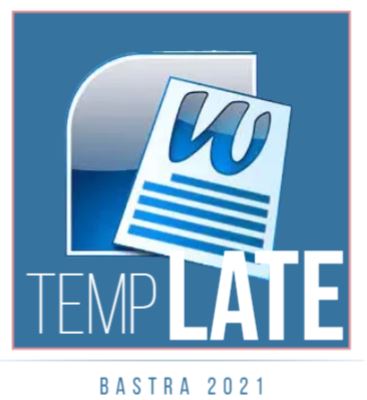PERSUASI PADA BAHASA PROMOSI MAJALAH NOVA DITINJAU DARI SEGI PRAGMATIK
Abstract
This study aims to describe implicatures that are oriented towards the principle of work in advertising language, and describe speech acts according to Austin's concept. The approach used is qualitative which is descriptive, so the results of this study contain quotations from data sets that are narrating, exposing, describing, classifying, analyzing, and interpreting. In addition, it also uses a pragmatic approach, which is an approach design that examines the intention of the conversation expressly or impliedly behind the speech being analyzed. The conclusion of this study leads to two things, namely implicature and speech acts. The implicature that is the object of its study is oriented towards the criteria of the principle of cooperation. The working principle is oriented towards quantity maxims, quality maxims, and implementation maxims. The described speech acts are speech acts based on Austin's concept, namely locution, illocutionary, and perlocutionary speech acts.
Downloads
Published
How to Cite
Issue
Section
License
Authors who publish with PENTAS agree to the following terms:
Authors retain copyright and grant the Engagement right of first publication with the work simultaneously licensed under a Creative Commons Attribution License (CC BY-SA 4.0) that allows others to share (copy and redistribute the material in any medium or format) and adapt (remix, transform, and build upon the material) the work for any purpose, even commercially with an acknowledgement of the work's authorship and initial publication in BASTRA.
Authors are able to enter into separate, additional contractual arrangements for the non-exclusive distribution of the journal's published version of the work (e.g., post it to an institutional repository or publish it in a book), with an acknowledgement of its initial publication in BASTRA.
Authors are permitted and encouraged to post their work online (e.g., in institutional repositories or on their website) prior to and during the submission process, as it can lead to productive exchanges, as well as earlier and greater citation of published work (See The Effect of Open Access).

This work is licensed under a Creative Commons Attribution-ShareAlike 4.0 International License.








